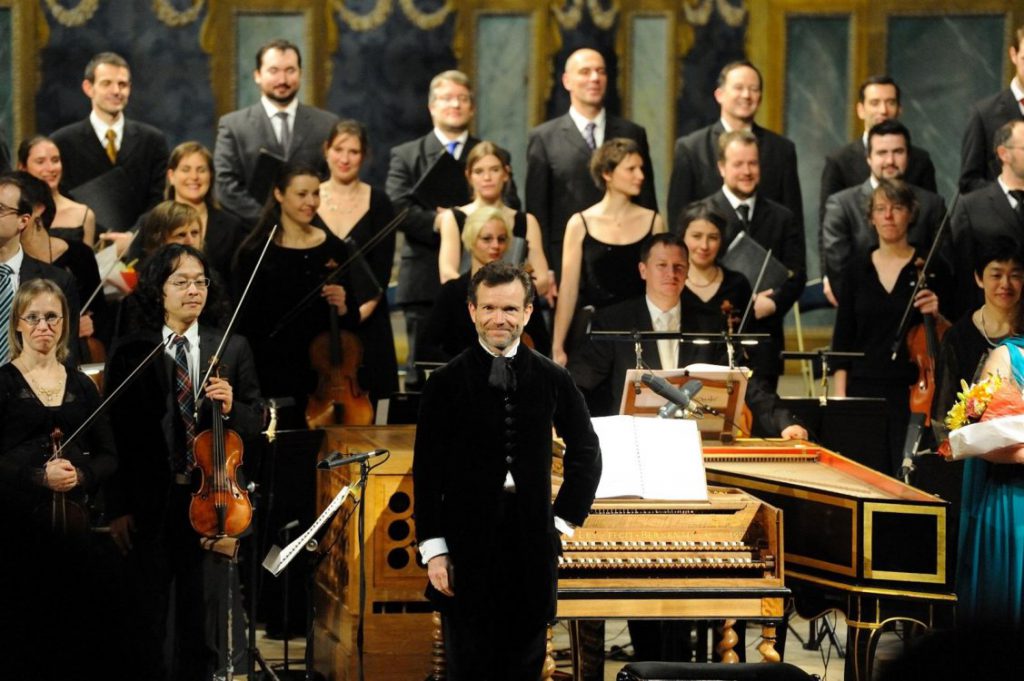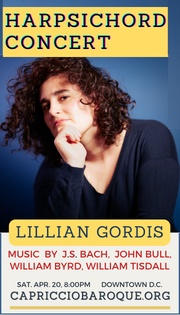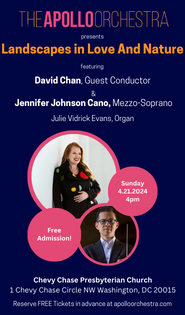Rousset, Les Talens Lyriques capital in Couperin celebration at Library of Congress

Les Talens Lyrique performed at the Library of Congress Thursday night.
François Couperin is one of the oft-forgotten giants of music history. Christophe Rousset and his early music ensemble, Les Talens Lyriques, marked the 350th anniversary of the composer’s birth with a concert Thursday at the Library of Congress.
Offered in imitation of Couperin’s concerts for the close of Louis XIV’s day, the “Coucher du roi,” the program featured a first half of mostly light-filled chamber music, followed by the stunning Leçons de ténèbres for the Wednesday of Holy Week.
Couperin wrote his Concerts royaux specifically for the royal ear in the last years of Louis XIV’s life. Although Couperin performed them with five musicians, Rousset took advantage of the non-specific scoring and led this performance of the “Troisième Concert” with himself filling in the continuo part on harpsichord, his lead violinist Gilone Gaubert-Jacques on the top part, and viola da gambist Mikko Perkola reinforcing the bass part.
Gaubert-Jacques reined in her sound in the opening movement, as well as every other section where her partners had parts of equal contrapuntal interest. Where the top part reigned, she took the lead with grace and precise, justly tuned sound. Highlights came in the more daring second half of the suite, beginning with the subtly shaded Sarabande. The folksy Musette, with the charming drone placed in Rousset’s left hand, added a moment of rough-hewn whimsy before the sophisticated variety of the closing Chaconne.
Rousset shone in his solo outing, the “Septième Ordre” from Couperin’s Second Livre de Pièces de Clavecin. Rousset’s last Washington appearance was a stunning double recital at the Library of Congress and the French Embassy in 2013, and since that time he has published a biography of Couperin (Actes Sud/Classica).
Recalling his definitive recordings of Couperin’s harpsichord music, Rousset drew a striking range of sounds from the fine harpsichord built by local specialists Thomas and Barbara Wolf in imitation of a 1770 double-manual instrument by Pascal Taskin. (Built in 1991 and long owned by a musician outside of Washington, the instrument has recently returned to the Wolfs’ collection.)
The easygoing lilt of the opening piece, “La Ménétou,” set the diverting tone of the performance, which unspooled from Rousset’s hands with exceptional rhythmic flexibility, warm and even legato, and unaffected ease. A range of registrations, enhanced by some octave transpositions, enlivened the series of youthful portraits called “Les Petits Âges,” alternately tender and cheeky. Relocating the faster dance “La Basque” to the end of the suite made for a thrilling conclusion.
Perkola returned for an equally authoritative reading of selections from the “Première Suite” of the Pièces de viole, with Rousset filling in the continuo part. The concluding “Passacaille ou Chaconne,” an even more challenging example of that form, brought some intonational excursions on the double-stops, but the plaintive, vocal quality achieved by his viola da gamba was arresting, especially in the mysterious, time-stopping “Prelude” movement.
The three Leçons de ténèbres are one of the masterworks of Couperin’s oeuvre, written for the exceptionally musical nuns of the Abbaye Royale de Longchamp, a convent founded with the dowry of the sister of King Louis IX, Isabelle de France, who lived there until her death. Soprano Amel Brahim-Djelloul, heard in 2016 with Opera Lafayette, was breathtaking in the first lesson, floating limpidly in soft passages, without any grain or much vibrato to obscure the center of the pitch. She also added weight and pathos to the tone for the more expressive parts of these tragic texts from the Book of Lamentations.
Soprano Eugénie Warnier had a more evanescent sound in the second lesson, transparent on her lofted high notes. She took the second, usually lower part in the climactic third lesson, a tour-de-force for twin sopranos, shadowing the more forthright Brahim-Djelloul. Rousset moved virtuosically between the harpsichord and a mellow portative organ in the accompaniment.
In particular, the melismatic sections on the Hebrew initial letters were a highlight of the evening, serene mini-meditations in which the two voices intertwined like tendrils in ornately illuminated manuscript capitals.






